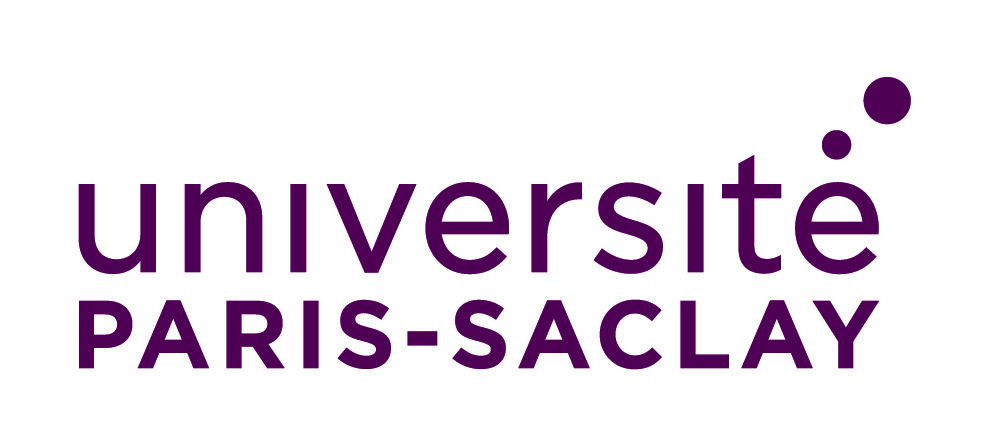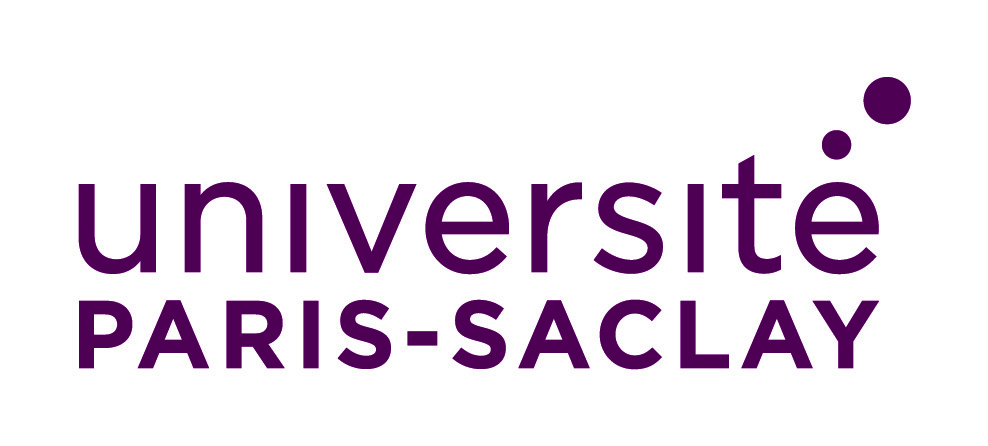Josselin Kherroubi, Director of AI lab, SLB
Title: Artificial Intelligence Lab of SLB: how to use data science for energy applications
Abstract: The AI Lab has been created in 2019. It is located in Clamart, France and “embedded” in the technology center SRPC, therefore stimulating the synergies with the engineers and the domain experts. This center is composed of 20 data scientists – including 2 Phd students -, is gender balanced with 12 different nationalities.
AI Lab aims at accelerating the development of artificial intelligence, for all the businesses and divisions of SLB: development of advanced AI models, internal teaching and knowledge sharing initiatives, external collaborations. Leveraging our rich ecosystem, always keeping the domain knowledge in the loop and being focused on operational use: with these recipes of success, AI Lab has now to its credit many models in production, 70 patents and 20 scientific articles. In this keynote, Josselin Kherroubi, the manager of the AI Lab will first present the team and its expertise, its organization and positioning in SLB. The second part will be focused on the science and the projects. The goal is to explain how we organize and manage our projects but also to give you examples of concrete applications using AI, for energy domain. Please come with many questions, interactive discussion would be great.
Gaël Varoquaux, Research director, INRIA
Title: Less Prep: Data Science between Databases and Machine Learning
Abstract: In many settings, data science involves analyzing tables. Typically, a lot of effort goes into data preparation, often assembling across tables with database-like operations, before analysis with statistical models. I will discuss how to decrease data preparation with statistical thinking and representations of tables that strive to expose ambiguities rather than strive for a clean and simple representation.
Jean Ponce, Professor, Ecole Normale Supérieure-PSL and New York University
Title: Beyond the Computer Vision Comfort Zone
Abstract: Spectacular progress has been achieved in computer vision in the past dozen years, in large part thanks to black-box deep learning models trained in a supervised manner on manually annotated data, sometimes unrelated to any real task. I propose instead to give back to accurate physical models of image formation their rightful place next to machine learning in the overall processing and interpretation pipeline, and will discuss applications to two real engineering and scientific tasks, namely super-resolution and high-dynamic range imaging from photographic bursts acquired by handheld smartphones, and exoplanet detection and characterization in direct imaging at high contrast. In this context, realistic synthetic data are easy to generate without any manual intervention, but real ground truth is typically missing. I will also discuss new approaches to video prediction where real data is readily available, and training can be achieved in a self-supervised manner using temporal consistency. I will conclude by discussing potential real applications to this admittedly somewhat artifical problem.




